Zanzibar is a beautiful archipelago located off the coast of Tanzania, known for its pristine beaches, rich history, and vibrant culture. One of the lesser-known aspects of Zanzibar is its seaweed culture, which has been an important part of the local economy and culture for decades. In this article, we will explore the history, process, and benefits of seaweed cultivation in Zanzibar, as well as the challenges facing this industry.
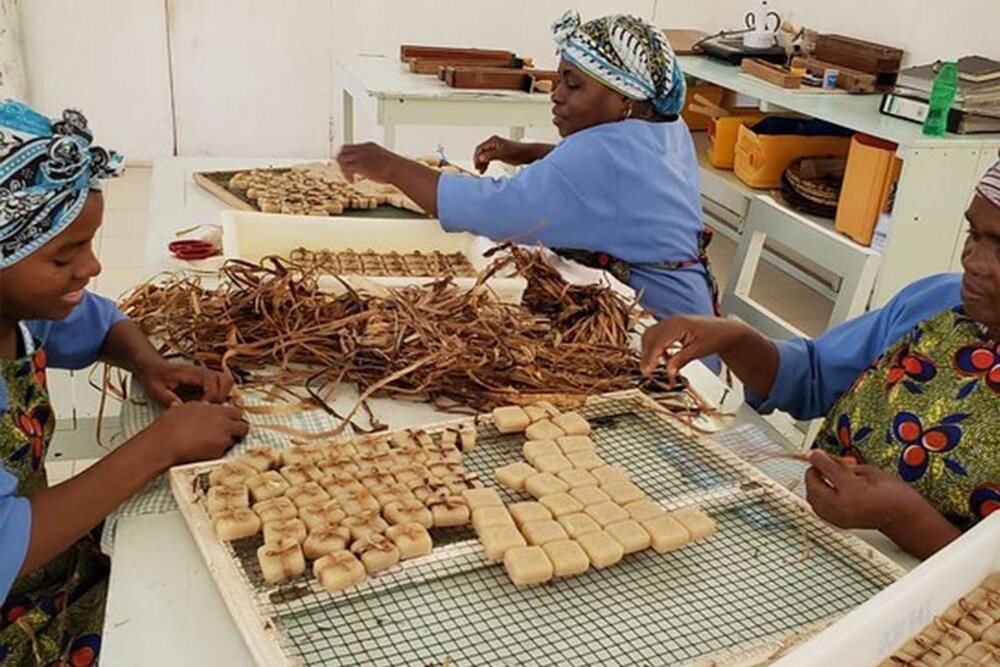
Seaweed cultivation has a long history in Zanzibar, dating back to the 1970s when it was introduced as an alternative crop to cloves, which were the main source of income for the island's farmers. Traditional methods of seaweed farming involve tying seedlings to ropes and suspending them in the ocean until they mature. Today, seaweed farming is a major source of income for many Zanzibari communities, with over 20,000 farmers involved in the industry. Seaweed is also an important ingredient in Zanzibari cuisine and traditional medicine.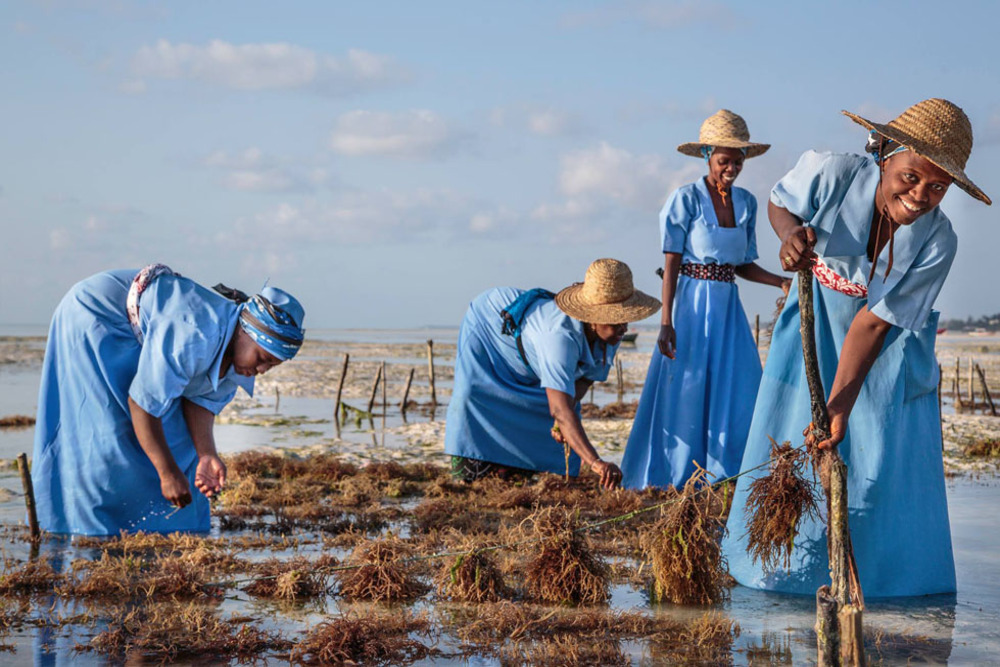
The process of seaweed farming in Zanzibar involves several steps, starting with the selection of the seaweed species and seedlings. The most commonly farmed species are Eucheuma, Kappaphycus, and Gracilaria, which are known for their high yields and nutritional value. Once the seedlings are selected, the farm is prepared by tying ropes to stakes driven into the ocean floor, creating a grid-like structure. The seedlings are then tied to the ropes and left to mature for several weeks. During this time, the farmers must maintain the farm by removing any debris or predators that could harm the seaweed. Finally, the seaweed is harvested by cutting the ropes and collecting the mature seaweed.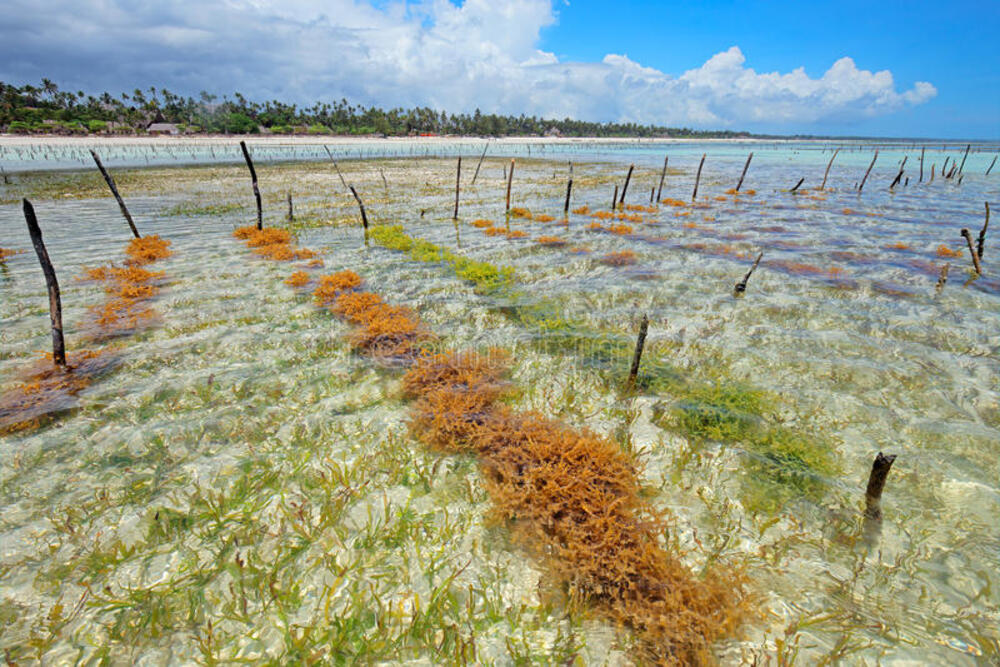
The seaweed industry in Zanzibar has many benefits, both economic and environmental. Seaweed farming provides employment opportunities for many local communities, especially women who make up the majority of the workforce. It also generates income for farmers and traders, contributing to the local economy. In addition, seaweed farming has environmental benefits, such as carbon sequestration and improving water quality. However, the industry also faces several challenges, such as climate change, disease outbreaks, and market fluctuations. Climate change has led to rising sea temperatures and increased storm activity, which can damage the farms and reduce yields. Disease outbreaks, such as the recent outbreak of ice disease, can also devastate seaweed crops. Finally, market fluctuations can affect the price of seaweed, making it difficult for farmers to plan and invest in their farms.
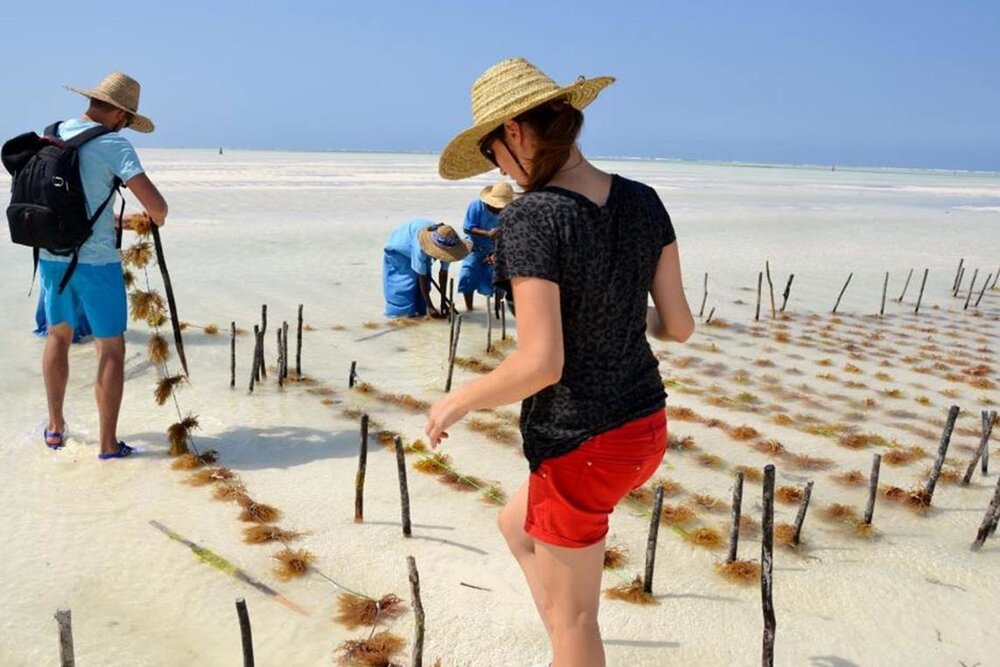 In conclusion, Zanzibar's seaweed culture is a fascinating and important aspect of the island's economy and culture. From its traditional methods to its modern farming techniques, seaweed cultivation has played a significant role in the lives of many Zanzibari communities. While the industry faces several challenges, its benefits cannot be overlooked.
In conclusion, Zanzibar's seaweed culture is a fascinating and important aspect of the island's economy and culture. From its traditional methods to its modern farming techniques, seaweed cultivation has played a significant role in the lives of many Zanzibari communities. While the industry faces several challenges, its benefits cannot be overlooked.

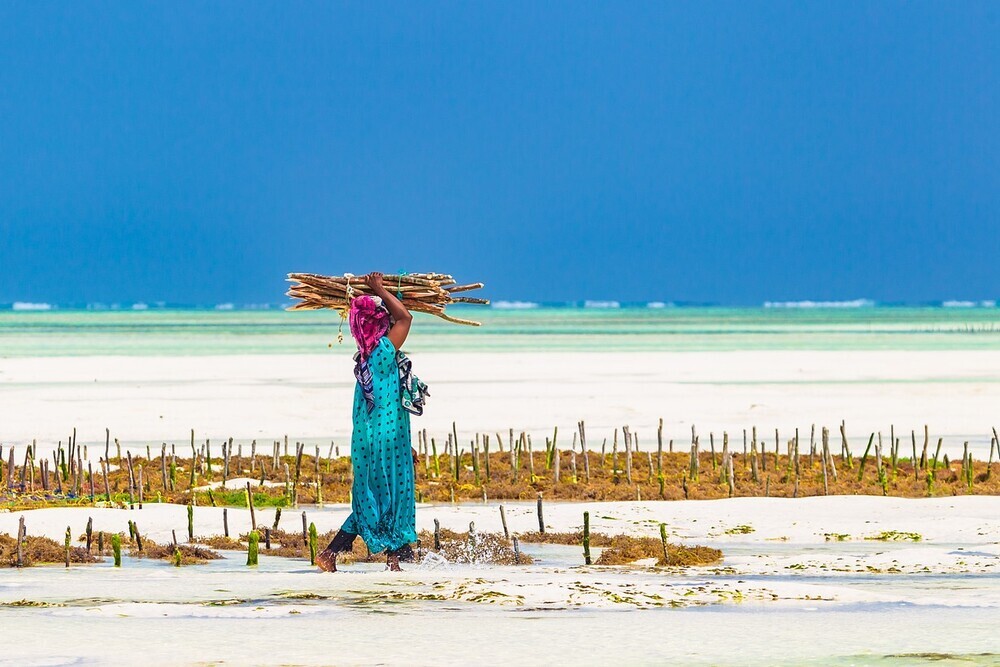






0 comments for this post